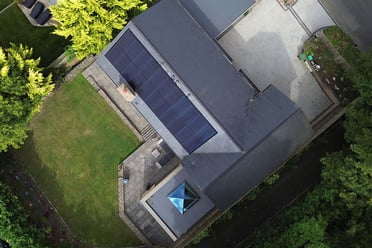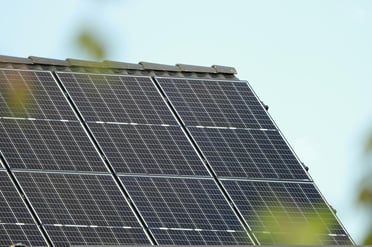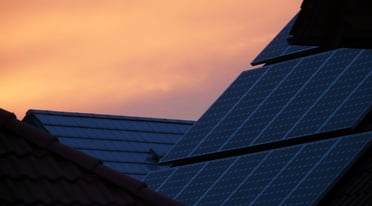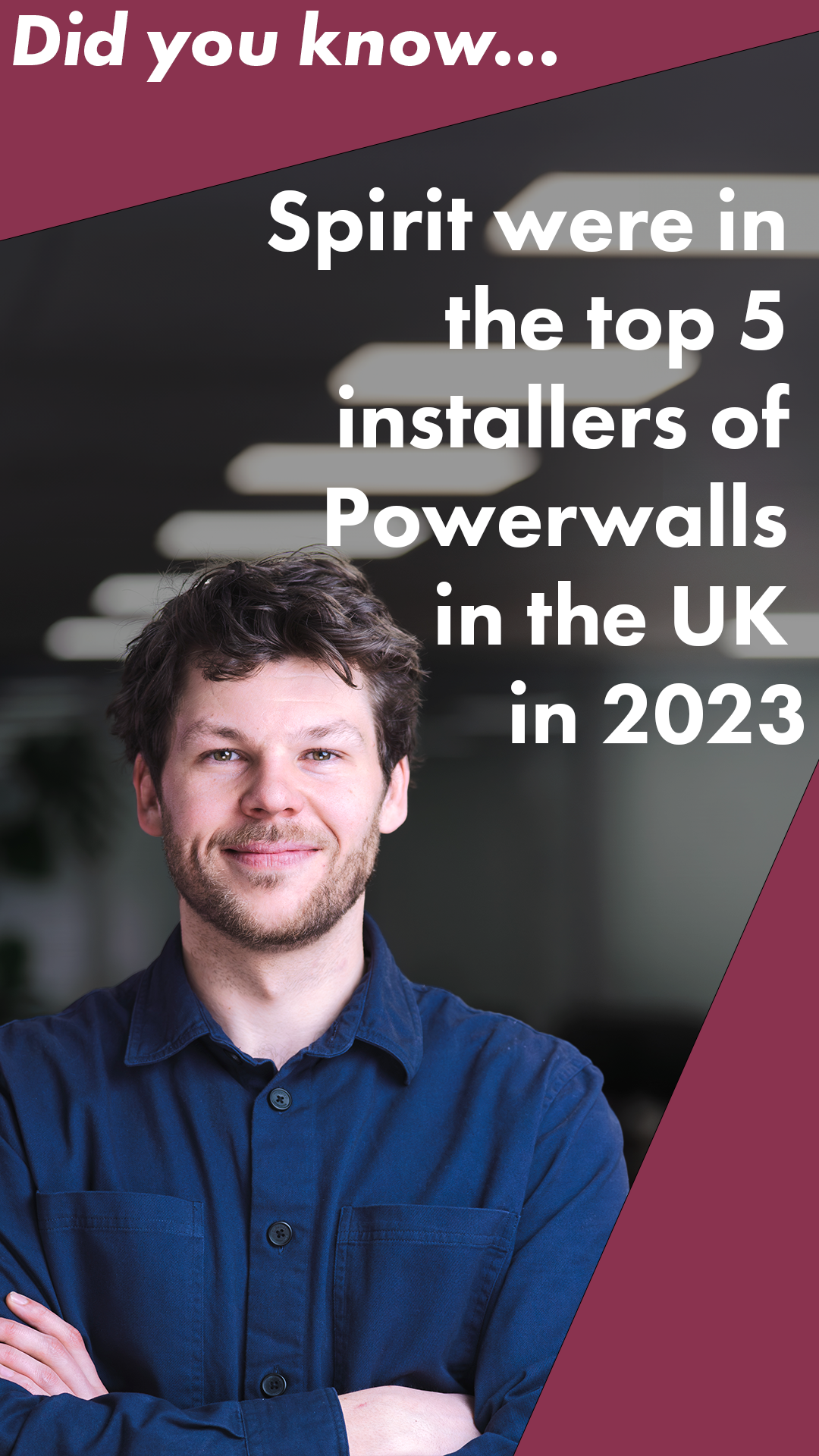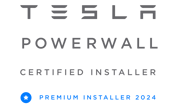TL;DR
The UK Government has announced up to £1 billion of investment into community and local energy projects under its “Local Power Plan”, delivered via Great British Energy. The stated aim is to help communities and local authorities own and benefit from clean power projects, with funding expected to be delivered through grants and loans, and further scheme detail due later. (GOV.UK)
What the £1bn Community Energy Fund Means for Commercial and Community Solar Projects
The Ultimate Guide to Your DNO Application in the UK
TL;DR
If you are planning solar panels or a battery, the DNO application is not just admin, it is one of the most important parts of the project because it determines what size system you are allowed to install, how much you can export, whether you might face connection costs, and how your payback stacks up. This guide explains what a DNO application is in the UK, what your Distribution Network Operator looks at, and why local grid capacity can feel first come first served, so you can avoid expensive design mistakes later.
UK Grid Reforms 2026: How NESO's Gated Process Is Rewriting Solar + Storage Financing Rules
The UK’s grid connection reforms are fundamentally changing how solar and battery storage projects get financed and built. Experts say the shifts, designed to tackle one of Europe’s longest connection queues, are creating both opportunities and headaches for developers, with knock-on effects likely to influence renewable markets across the continent.
Do Solar Panels Increase Property Value?
Solar for Charities: How to Switch with Zero Upfront Cost
Running a charity is a constant balancing act. You're always trying to maximise your impact while keeping a close eye on the budget. Every pound spent on utility bills is a pound less for your core mission. It's frustrating, isn't it? Especially when energy prices feel like a rollercoaster you never signed up for.
How Commercial Solar Panel Installation Works: Spirit Energy’s 7-Step Process for UK Businesses
Installing commercial solar panels is one of the most effective ways for UK businesses to cut energy costs, improve sustainability performance, and secure long-term resilience. But a successful project depends on choosing the right partner, one with engineering expertise, strong safety standards, and a proven commercial track record.
From P-Type to N-Type Solar Panels, Why the Shift?
For those who have their finger on the pulse of the solar energy market, it's becoming obvious that there is an increasing shift towards the manufacture and use of n-type solar from p-type panels in both commercial and domestic settings, to the point where the former now dominate. But why has this shift come about, and more fundamentally what is the difference between the two?
High Power Solar Panels
In the space of just a few years, the average panel we install on domestic projects has shot up from around 315W to at least 375W, with more and more residential modules breaking the 400W barrier.
This is down to a few factors, such as the widespread adoption of new, more efficient technologies, bigger cells and bigger modules:
Tier 1 Solar Panels: Are They Worth It?
When researching solar PV, you may have come across the phrase ‘tier 1 solar panels’. It’s used as a selling point by some manufacturers and installers to demonstrate the reliability of their products. But is that really the case?









